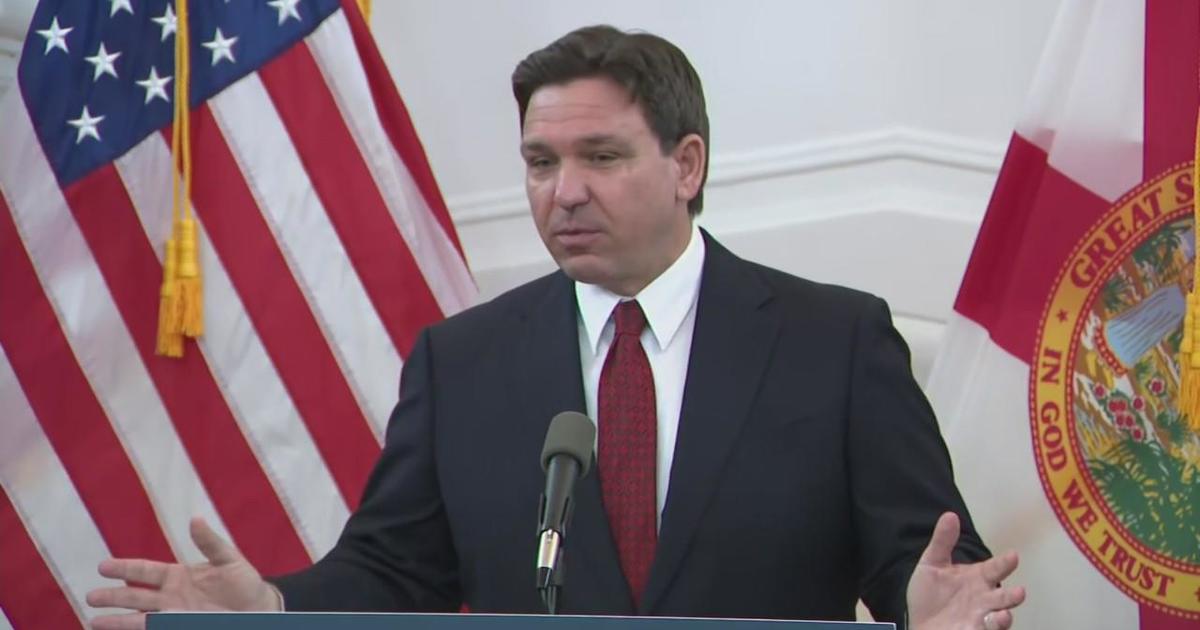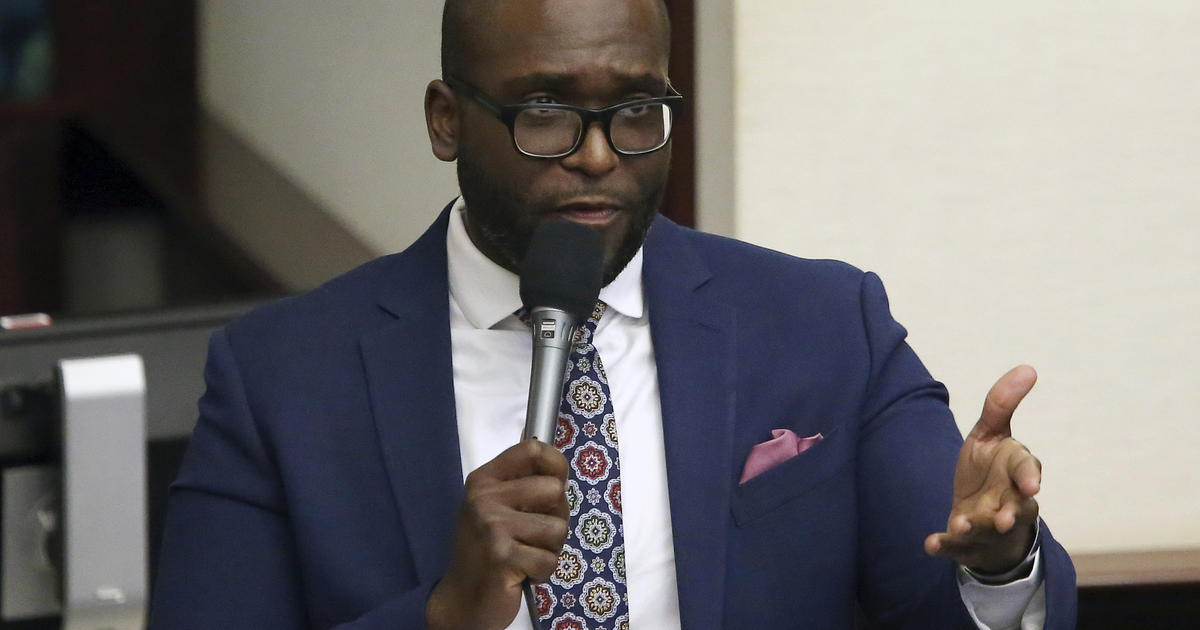$70 Billion Budget Heads For Gov. Scott's Desk
TALLAHASSEE (AP) - Florida lawmakers signed off late Friday on a $70 billion budget that doesn't raise taxes, but eliminates thousands of jobs, slashes money going to hospitals and universities, and raises college tuition rates. The budget was the last significant action they took before adjourning the 2012 Legislative session at Midnight, the last possible moment.
The new budget is bigger than what Gov. Rick Scott asked for. But it includes his main priority — an increase in spending on public schools, although the new money won't make up for cuts made a year ago.
"Every single person could find something wrong with this budget, it is never a perfect product," said Rep. Will Weatherford, R-Wesley Chapel and the next House speaker. "But here's the thing. We have to balance the budget. Hard decisions have to be made."
The House approved the budget by an 80-37 vote; the margin was 32-8 in the Florida Senate. The vote split largely along party lines, as many Democrats railed against the new budget, saying it hurts the state's working class.
"This budget is painfully disconnected from the reality going on in Florida right now," said Rep. Mark Pafford, D-West Palm Beach.
They also spoke out loudly against hometown projects or budget "turkeys" as they are called that were placed in the budget by top Republicans. The budget for example includes money for Florida Polytechnic, a new university in Lakeland pushed by Sen. J.D. Alexander, R-Lake Wales and Senate budget chief.
"It attacks our seniors, it attacks our students, it's got a bunch of turkeys," Rep. Luis Garcia, D-Miami Beach.
Scott praised the Republican-controlled Legislature because along with more money for schools, they also set aside enough money for roughly $120 million in tax cuts to support companies and the state's sales tax holiday. The governor had pushed to increase the number of companies who would no longer have to pay the state's corporate income tax.
"Like me, lawmakers realize that private companies create jobs, not government," Scott said in his weekly radio address. "I look forward to signing legislation that strengthens Florida's business climate and invests in our children."
Lawmakers passed the tax package — which also includes a three-day back-to-school sales tax holiday in August — in a separate bill on Friday.
When lawmakers entered in the session, they were confronted with a nearly $2 billion budget shortfall.
Scott himself proposed a very lean budget of $66.4 billion, which included cuts in Medicaid by nearly $1.8 billion. The governor wanted to change how much hospitals are paid to treat patients. Scott, who was critical of nonprofit hospitals while head of Columbia/HCA, said that the current reimbursement system for hospitals is "unfair and illogical."
But the GOP legislators controlling the budget process did not consider Scott's hospital proposal too seriously.
Instead, they crafted a budget that relied on cuts in reimbursement rates to both nursing homes and hospitals. The budget also cuts money for state universities by $300 million by requiring the schools to dip into reserves. The budget at the same time calls for raising tuition five percent for the state's 28 colleges. University tuition doesn't go up automatically but the 11 public universities have permission to raise tuition an additional 15 percent if they request approval from the Board of Governors.
The budget also calls for the elimination of more than 4,000 positions in state government with possibly another 900 layoffs rippling across the state due to cuts to county court clerk offices. Several prisons, including a faith-based women's prison in Hillsborough County, will also be shuttered.
Top Republicans also decided to reject more than $438 million in federal money that would have gone to paying doctors more for treating Medicaid patients. The Senate had included the money in its initial budget proposal but House Republicans said the money was tied to the controversial federal health care overhaul pushed by President Barack Obama. Florida is one of nearly 30 states challenging the overhaul in a case that has reached the U.S. Supreme Court.
"This Legislature can find the will to dip into university reserves but it is unwilling to take funds from the federal government or close loopholes where people are not paying their fair share," said Sen. Nan Rich, D-Weston.
Once Scott receives the budget he can sign it, veto it, or use a line-item veto to eliminate specific projects.



